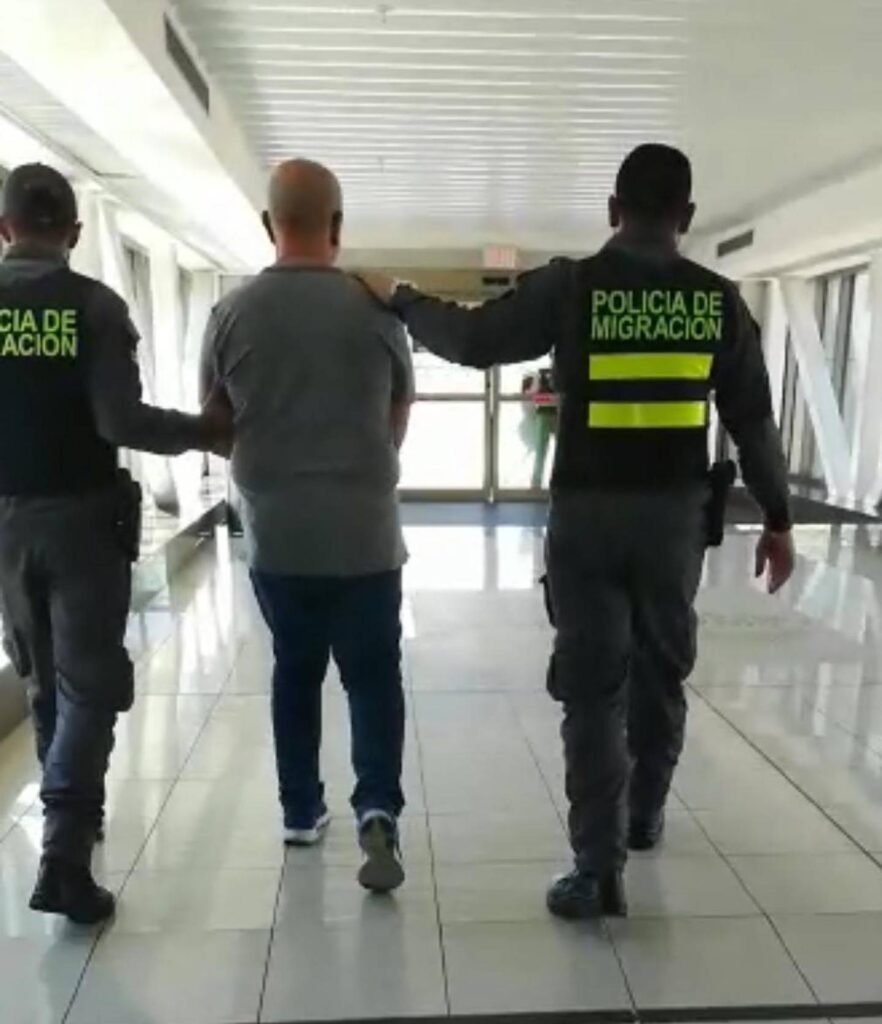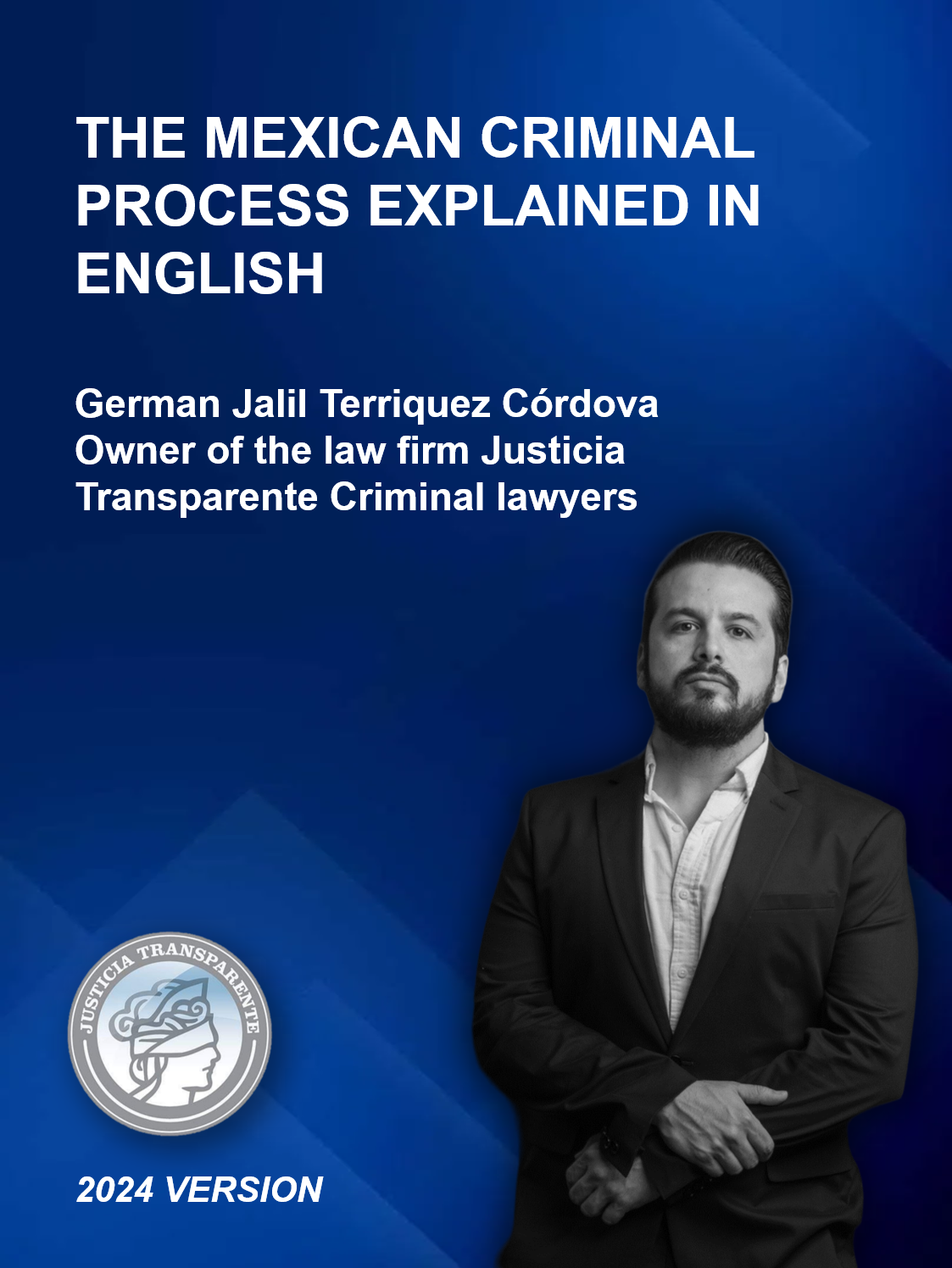
Arrest in the United States for a warrant issued in Mexico? It is common for American citizens to have had criminal problems in Mexico and after the passage of time have been informed that they were reported in Mexico and that they probably have an arrest warrant, but it is possible that with an arrest warrant issued by the prosecutor’s office Mexican can you be arrested in the United States? We will answer it with the following questions.
What requirements does the Mexican government have to meet to request the arrest of a person in the United States?
The first thing that must happen is that there is a complaint for an act that is a crime in Mexico. On the other hand, there must be sufficient evidence for the probability of the accused to be established.
The law establishes these requirements to request an arrest warrant “From the background of the investigation presented by the prosecutor, evidence is derived that establishes that an act that the law designates as a crime has been committed and that there is a probability that the accused committed it or participated in its commission. It will be understood that there is data that establishes that an act that the law designates as a crime has been committed when there are reasonable indications that allow it to be assumed.
After you have this information from the Mexican prosecutor’s office, what has to happen is that you have to go to the Mexican judge to request an arrest warrant against the accused person, which will be granted by the judge when the expose and prove that the person accused of the crime is in the United States of America, the reason is that the Mexican justice system establishes that a person who does not live in Mexico will be difficult to present to trial because he or she does not live in this country, which is why which will require an arrest warrant to be able to present it before the Judge.
Accused a relative of a crime in Mexico? Do you need to know if it is a crime to bring weapons into Mexico? Do you need to know if it is a crime to bring marijuana into Mexico? The prosecutor is accusing me of having committed a crime that I did not commit? Has your loved one been in jail in Mexico for years?
If you are in one of these situations, hire an online consultation.
What is the process that Mexico has to carry out to obtain the support of the US police (interpol) and arrest a person?
The first thing the Mexican government has to do through the prosecutor’s office that is investigating the person accused of a crime, such as the prosecutor’s office in Tijuana or Cancún, is to request the department of the Attorney General’s Office (FGR) to carry out the corresponding procedures for the purposes of sending the information of the person accused of the crime, the crime for which they are being accused, the place where they are located in the United States, this information is what will have to be sent to Interpol for the arrest of the person in the United States.
In addition to that, the following rules of the international extradition law must apply:
ARTICLE 6
I.- That in the case of intentional crimes, they are punishable in accordance with Mexican criminal law and that of the requesting State, with a prison sentence whose arithmetic average term is at least one year; and in the case of culpable crimes, considered serious by law, they are punishable, in accordance with both laws, with a prison sentence.
This means that in the United States the crime for which the arrest warrant was issued in Mexico must also exist, for example, if you were accused of rape in Mexico, the crime must also exist in the United States. The fact that in the United States the crime is not identified or has a different name (for example, in Mexico it is called sexual abuse and in the United States sexual assault) will not be a limitation for the extradition to proceed.
What is the step-by-step extradition process in Mexico?
The rules for the extradition of people are established in the international extradition law, however in summary this is the process that the Mexican government must first follow.
- The Attorney General’s Offices request the intervention of this Institution to initiate an extradition procedure for a person located abroad who has a valid and enforceable court order.
- The Attorney General’s Office of the Republic is the one that must know in accordance with the provisions of our Political Constitution, since it is the one empowered to intervene in extradition procedures.
- The General Directorate of International Procedures, which belongs to the Legal and International Affairs Deputy Attorney General’s Office (SJAI), reviews and analyzes whether the request meets the requirements set forth in the applicable bilateral Treaty or the International Extradition Law in the absence of that.
- Once the person has been located abroad and it has been ruled out that it is a homonym, that is, it is ensured that he or she is the person required for extradition, a request for provisional detention for extradition purposes or a formal extradition request is prepared; Likewise, formal requests and/or requests for extradition will be accompanied by the documents that support them.
- Requests for provisional arrest for extradition purposes or formal extradition requests must be presented to the Ministry of Foreign Affairs (SRE), which is the agency authorized to process it through diplomatic channels.
- At this stage, the SRE is empowered to analyze that the request and/or request for extradition complies with the requirements established in the International Treaties or the extradition requirements of the requested country. Once analyzed, the Foreign Ministry, through the diplomatic representation in the requested country, will be in charge of presenting it to the central authority of said State through a diplomatic note.
- The authorities of the requested State arrest the requested person and begin the extradition procedure with a judicial authority. During this stage, the person sought will have an adequate defense that will assist him in the extradition procedure, so sometimes the process can be prolonged, and communication between the Mexican authorities with those of the State requested to support the request is very important. of extradition. On some occasions, at this stage, those sought consent to their extradition and their delivery is expedited.
- Once the judicial stage ends, the matter is transferred depending on each country to another instance where the requested State decides on the admissibility of extradition. It should be clarified that each country has its own internal extradition procedure that defines the instances to which extraditable persons can go.
- The requested State GRANTS or DENIES the extradition, it should be noted that both decisions can be appealed both by the defense of the person sought and by the Prosecutor’s Office that defends the position of the Mexican government claiming the extradition. Therefore, this stage continues until the resolution of GRANTED or DENIED is final. If the resolution is positive, the extradition procedure continues; otherwise, it is concluded and the person sought is released.
- If the final resolution is GRANTED, the extradition is notified by the authorities of the requested State to the authorities of Mexico, so coordination begins for the transfer of the extraditable person to national territory.
Is it common for requests for extradition proceedings from Mexico to be made to the United States government?
The reality of the extradition processes and requests made by the Mexican government to the United States is that it involves too many political and diplomatic processes, so the extradition request will depend on the type of crime for which it is being accused and the interests of the Mexican government. in prosecuting the person under investigation.
It is recommended to request an amparo to verify if there is an arrest warrant in Mexico, which will be an essential requirement for the purposes of verifying if there is the possibility of an arrest warrant. In transparent justice we can help you.
How do I know if I have an arrest warrant issued by Mexico?
To find out if you have an arrest warrant before being detained, read this article on our blog so that you can avoid losing your freedom due to ignorance of your rights.
The Mexican criminal process explained in English


